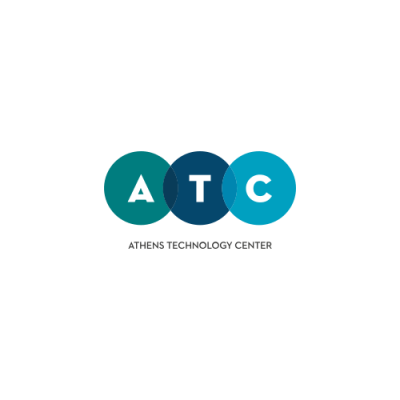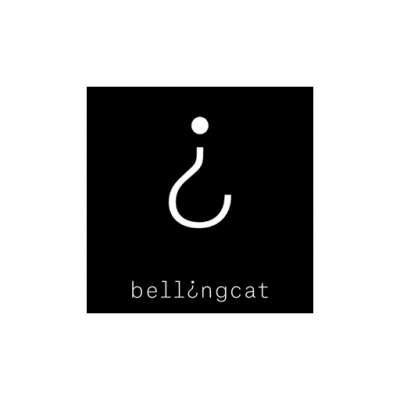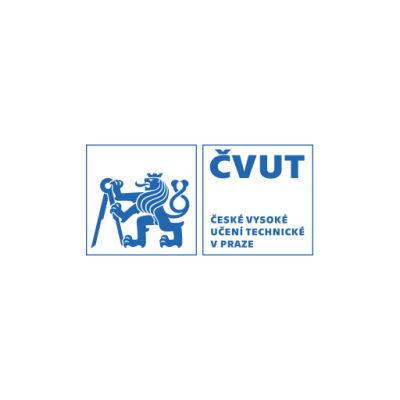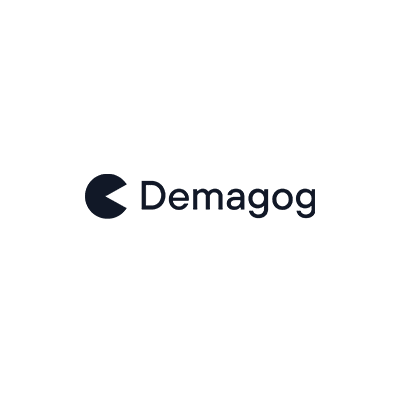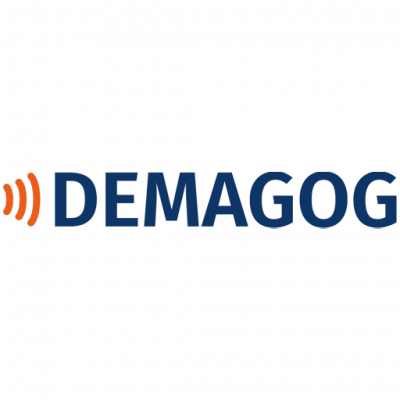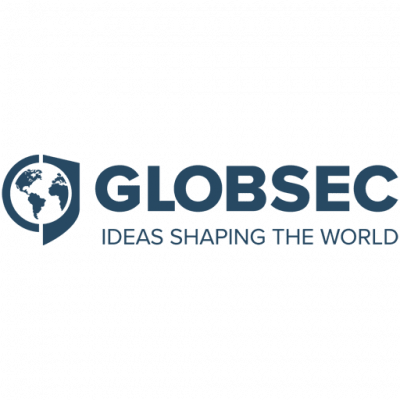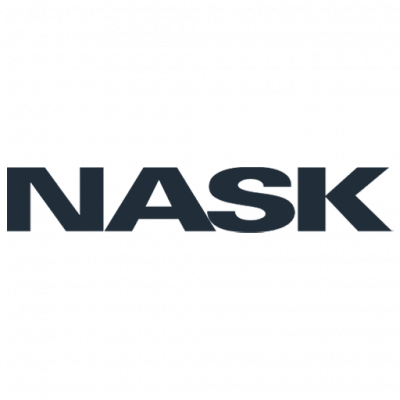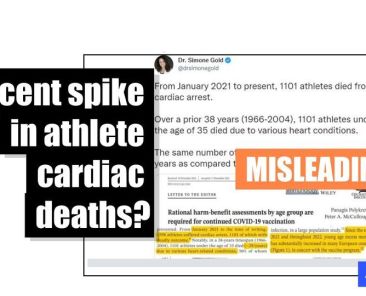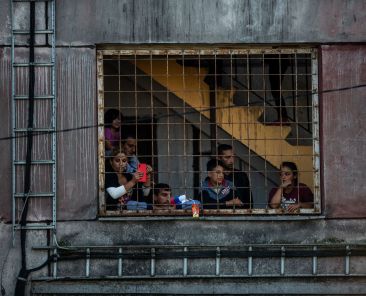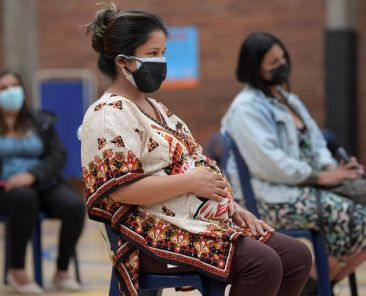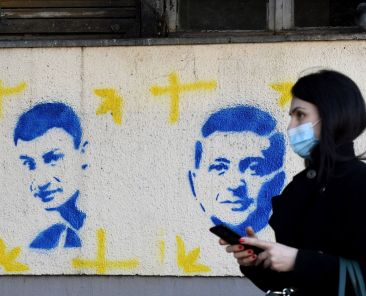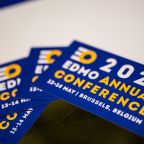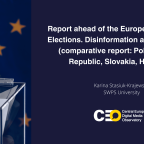About CEDMO
The Central European Digital Media Observatory (CEDMO), as an independent non-partisan multidisciplinary hub, aims to identify, research and prioritise the most critical sources and causes of information disorders in Central Europe (mainly the Czech Republic, Slovakia and Poland). This international consortium was created to propose a set of short and longer-term actions, as well as recommendations to help civil society, public institutions and the private sector respond to the declining trust in key institutions and help society to resist the effect of increasing exposure to mis- and disinformation.
By interacting and coordinating with European Digital Media Observatory (EDMO) and other regional EDMO hubs in EU, CEDMO will contribute to curbing threats posed by information disorders, including disenchantment with the democratic processes, and discord in civil society in Europe, and to building community and nation-wide resilience while protecting information ecosystems.
About CEDMO
The Central European Digital Media Observatory (CEDMO), as an independent non-partisan multidisciplinary hub, aims to identify, research and prioritise the most critical sources and causes of information disorders in Central Europe (mainly the Czech Republic, Slovakia and Poland). This international consortium was created to propose a set of short and longer-term actions, as well as recommendations to help civil society, public institutions and the private sector respond to the declining trust in key institutions and help society to resist the effect of increasing exposure to mis- and disinformation.
Our Partners
About CEDMO
The Central European Digital Media Observatory (CEDMO), as an independent non-partisan multidisciplinary hub, aims to identify, research and prioritise the most critical sources and causes of information disorders in Central Europe (mainly the Czech Republic, Slovakia and Poland). This international consortium was created to propose a set of short and longer-term actions, as well as recommendations to help civil society, public institutions and the private sector respond to the declining trust in key institutions and help society to resist the effect of increasing exposure to mis- and disinformation.
Our Partners
“As an experienced emergency physician, I want to remind the public that athletes being incapacitated or dropping dead was not a ‘thing’ prior to 2020,” said Simone Gold, founder of America’s Frontline Doctors, a group that has previously promoted Covid-19 misinformation, in a January 3, 2023 tweet.
“I guess Biden thinks that $44 billion buys him exclusive groping rights,” says one of several tweets that shared the image, referencing emergency assistance earmarked for Ukraine in a $1.7 trillion spending bill that the US Senate passed December 22.
“In Pfizer’s own document. Trying to knock down the population…. Well they are doing it. Someone tell Celine Dion because you know the doctors will deny it has anything to do with medication’s or vaccines even if it’s on their list of side effects,” says a December 10, 2022 Instagram post.
“Look closely. The effects of CO2 on the planet….,” says a November 27, 2022 tweet from former University of Toronto professor Jordan Peterson that has tens of thousands of interactions.
The video, published on Facebook on March 7, 2022, has been viewed over 7.6 million times and shared more than 48,000 times.
“Remember, ‘The vaccine is safe for pregnant women’- let me introduce the paperwork dumped by Pfizer, 50k pages. Now we know why they wanted to keep this hidden for 50+years,” says a May 4, 2022 tweet. It includes an image of vaccine guidance, with red underline to highlight: “COVID-19 mRNA Vaccine BNT126b2 is not recommended during pregnancy.”
An April 14, 2022 Facebook post shares the alleged tweet, which says: “It’s good to be back, Thanks Elon!” The handle @realDonaldTrump — the former president’s personal account, which was permanently suspended following the attack on the US Capitol on January 6, 2021 — appears at the top of the image, along with a blue check mark, an indicator of Twitter verification.


